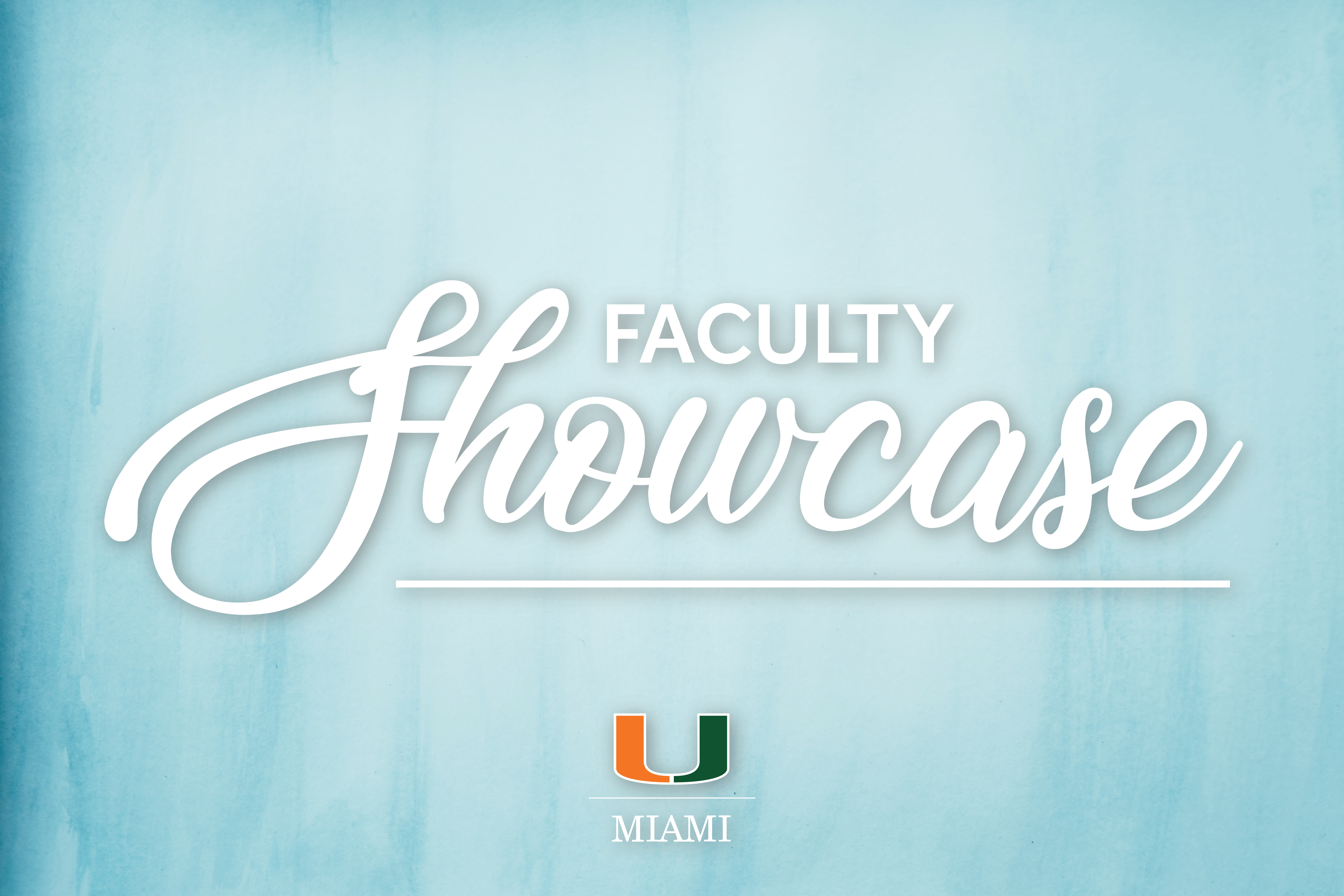💬 Learning Circles Program
10:55-12:00pm – Learning Circles Session 1
1.1 Training an AI Chatbot to Serve as a Teaching Assistant
Presenter: Dr. Derin Ural
This learning circle will focus on how to program an AI Chatbot to serve as a virtual teaching assistant and enhance student learning. Creating a chatbot for an engineering class, naming the bot after the founder of the field, brought much interest from students! A simple pilot applications will be shared.
1.2 Using Artificial Intelligence to Create Language Learning Curriculum with Communication Purpose and Engaging Formal Instruction Curriculum
Presenter: Thomas Pear
Generative Artificial intelligence (AI) can create instructional material that features communication purpose and promotes student engagement. AI tools can create collaborative learning opportunities and enhance formal language instruction by creating exercises from engaging articles and videos. We created a short graphic novel on adjusting to life at UM through AI that incorporated U-Curve theory into its instruction. We created a UM treasure hunt to help ESL and international students learn how to navigate the UM Coral Gable campus, and we created grammar exercises on the infamous McDonald's coffee lawsuit, which has appeal to business majors, prospective law students, and medical majors.
1.3 Enhancing Experiential Learning: Integrating Simulated Participants in Your Curriculum
Presenters: Samantha Syms, Amanda Fernandez-Acosta, Nick Gonzalez, and Diana Reyersbach
Simulated participants (SPs) are vital for experiential learning, offering realistic scenarios in a safe environment while assessing empathy and communication skills. Traditionally used in healthcare, SP methodology has expanded to law, education, and business. The UM SP Program now integrates AI (ChatGPT) to enhance case training scenarios and promote inclusive teaching practices. This team will explore intentional strategies for effectively implementing SP methodology in your curriculum, emphasizing ethical considerations, best practices, and the importance of leveraging AI to foster diverse learning experiences. Together, they aim to enrich education and ensure that all students can engage meaningfully with the material.
1.4 Reimagine Feedback: Empowering Student Success with Gradescope
Presenter: Renee Evans
This session will invite faculty to reimagine their feedback practices by leveraging the robust features of Gradescope, an online grading platform. We will explore how Gradescope can streamline their grading workflow, enables personalized, timely and frequent feedback, which will ultimately foster a more engaging and impactful learning environment to support student growth.
1.5 Contemplative Practices for Teaching and Learning: Experimenting Across Disciplines to Support Mental Health and Well-Being
Presenters: Kelly Miller and Trae Williamson
Are you experimenting with contemplative practices in the classroom or curious about the effect of such practices on the student experience? Contemplative practices may be defined as intentional activities that cultivate mindful awareness, compassion, equanimity, and resilience in challenging times. Some examples may include meditation, movement, listening and dialogue exercises, reflective writing and journaling, and art-making. The session will be co-facilitated by Kelly Miller, Associate Dean for Learning and Research Services, Director of Mindfulness and Well-Being Initiatives, and a Certified Mindfulness Meditation Teacher in the University of Miami Libraries, and Trae Williamson, Lecturer, Miami Herbert Business School.
1.6 Learning in the Metaverse: Global Collaboration and Emerging Pedagogy
Presenters: Dr. Rodolphe el-Khoury and Indrit Alushani
How does Virtual Reality transform architectural education? By enabling students to design, model, and experience buildings at full scale, VR provides a better understanding of spatial dynamics and materiality. It complements traditional approaches with interactive hand-on methods while enabling international collaboration among students and educators from different geographical locations. Through VR platforms, students from opposite sides of the world can work together in real time, enriching their educational experience with diverse perspectives. The VR-powered pedagogy enhances design skills and creativity while preparing students for the globalized nature of modern architecture practice.
1.7 A Glimpse into the Future of Teaching: Introducing ClassInsight
Presenter: Or Cohen Sasson
Join Dr. Or Cohen Sasson for an interactive session on ClassInsight, an innovative AI-powered tool that transforms classroom engagement and assessment. This session will showcase how ClassInsight uses real-time analysis of data collected during class to provide two main outputs:
(1) Classroom-Wide Visualization: Anonymized, collective visual insights for the professor regarding class-wide comprehension.
(2) Personalized Student Feedback: Tailored feedback for each student regarding their performance and level of understanding.
ClassInsight's output is generated and available in real-time, allowing professors to adapt and adjust the class based on the insights. This also enables students to recognize misunderstandings on the spot and explore them further during class. Limited early access will be provided to participants interested in incorporating ClassInsight into their classes. Come discover how AI can help redefine how we teach!
12:45-1:50pm – Learning Circles Session 2
2.1 Integrating Simulations into Your Curriculum: Strategies for Creation, Implementation, and Effective Use
Presenter: Don Donelson
This session will explore the use of simulations and simulation-like assignments as teaching tools. Examples include a leadership crisis challenge and a federal indictment case simulation, which are designed to improve student engagement and deepen understanding through practical application. The discussion will cover the process of creating these simulations, challenges in aligning them with intended learning outcomes, and strategies for integrating real-world context into traditional assignments to enhance student learning.
2.2 Integrating Collaborative Online International Learning (COIL) Into a Problem-Based Learning (PBL) Course
Presenter: Dr. Dina Moulioukova
In this session, Dr. Dina Moulioukova will share her journey of integrating Collaborative Online International Learning (COIL) into a Problem-Based Learning (PBL) course. She will discuss the strategies she employed to organize and implement this innovative approach, highlighting the challenges faced and the solutions devised. Additionally, she will explore the impact of COIL on student engagement and learning outcomes, providing insights and practical tips for educators looking to enhance their courses with international collaboration.
2.3 Boosting Students’ Retention and Engagement Effectively Using Attendance, Polling, and Presentation (APP) in DynaFlip
Presenter: Dr. Hien Nguyen
Are you looking for a more efficient way to take attendance and get feedback in your classes? What if I told you that you can increase engagement and take attendance at the same time? Effective attendance and polling tools can help faculty reduce unnecessary idle time in the classroom when calling attendance the traditional way. Students can use their mobile phones to scan the QR code to provide immediate feedback or answers to questions and to take attendance instantly, reducing this time to as quick as a minute! DynaFlip system combines the attendance, polling, and presentation tools in one place to reduce idle time in teaching and learning during class time and increase the effectiveness of students’ engagement.
2.4 Enhancing Grading Efficiency and Consistency with Gradescope
Presenter: Dr. Nadia Gal
We will explore Gradescope, a versatile tool designed to streamline the grading process in educational settings. The presentation will cover how Gradescope can improve grading efficiency, ensure consistent feedback, and provide valuable insights into student performance. Attendees will gain an understanding of Gradescope's key features, including automated grading, rubric-based evaluation, and AI-assisted grading for handwritten assignments.
2.5 Using AI Generated Graphic Novels and Characters to Reduce Culture Shock and Enhance Academic Performance
Presenter: Thomas Pear
Thomas Pear used AI to create Stressed Alex, a mini-graphic novel about an ESL UM freshman adjusting to University life. It blends intercultural communication theories with language instruction to help students understand culture shock while learning English. Based on Lysgaard’s U-Curve hypothesis (1955), the story outlines the phases of cultural adjustment- honeymoon, frustration, and adjustment. The publication incorporates grammar instruction and points new students to UM resources to help them adjust to university life. According to mass communication research, graphics enhance reader engagement, a concept embraced by USA Today in the 1980s and, more recently, by education material publishers.
2.6 Partners in Education (PIE): Student Consultant Collaborations for Course Design and Teaching Practice
Presenter: Dr. Kim McGrath Moreira
Join us to discover PIE (Partners in Education): an innovative approach to enhancing curriculum and classroom practice in higher education. Based on extensive research by scholars like Alison Cook-Sather, the "student consultant" partnership model offers valuable applications for:
• Course design
• Classroom teaching practice
• Assessment
We will explore questions like: What does it mean to actively engage students as partners in teaching and learning? What does the research and application of the PIE model reveal about its challenges and successes? How might you integrate this model into your course design, assessment, and teaching practice? Participants will leave this session with insights into how PIE can strengthen course design and teaching practice as well as information about upcoming opportunities to join the 2025 PIE pilot with PETAL.
2.7 Classroom Designs to Promote Active and Collaborative Learning
Presenters: Allan Gyorke and Dacia Simpson
After the pandemic, the University launched a "Classrooms of the Future" project to gather data about our classrooms and design some spaces that promote the types of educational experiences that our faculty and students want. Now that the first set of those renovations have been completed, we would like to gather information from faculty about their designs and what our next round of renovations should include. This will be a discussion-based session starting with questions like "What is your favorite/least favorite classroom on campus and why?" and "What changes would you like to see in our learning spaces that would help teach the way you've always wanted to?"
2.8 Leveraging AI to Enhance Learning: Insights from a Classroom Case Study
Presenter: Monica Duran
This session will explore how AI can be used to transform classroom experiences, highlighting a case where students created US Hispanic consumer personas using AI tools. The activity enabled students to develop insights, critically analyze biases, and refine AI-generated content. A hands-on approach was taken, with students crafting tailored prompts and assessing outputs for accuracy. This engaging assignment not only demystified AI but also inspired students to think beyond their local markets. Lessons from the project will be shared, showcasing how AI can invigorate coursework and improve student engagement.





